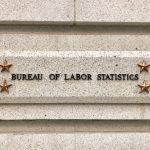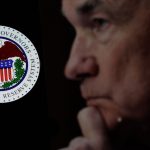Modern economies need finance, to enable us to make payments, transfer wealth across our lifetimes and between generations, allocate capital and maintain the corporate and physical infrastructure, and to help us manage the risks of everyday life. Instead, we have created a financial world that talks to itself, trades with itself, and is increasingly divorced from the activities of the real economy. John Kay explains how this came about – and what can be done to recreate a financial sector responsive to economic and social needs.
John Kay (@JohnKayFT) is an economist whose career has spanned the academic world, business and public affairs. Currently, he is a visiting Professor of Economics at LSE and a Fellow of St John’s College, Oxford. He is a Fellow of the British Academy and of the Royal Society of Edinburgh. He is a director of several public companies and contributes a weekly column to the Financial Times. He recently chaired the Review of UK Equity Markets and Long-Term Decision-Making which reported to the Secretary of State for Business, Innovation and Skills in July 2012. He is the author of many books, including The Truth about Markets (2003), The Long and the Short of It: finance and investment for normally intelligent people who are not in the industry (2009) and Obliquity (2010). His latest book is Other People’s Money.
Wouter Den Haan is Professor of Economics and Co-Director of the Centre for Macroeconomics.
The Department of Economics at LSE (@LSEEcon) is one of the largest economics departments in the world. Its size ensures that all areas of economics are strongly represented in both research and teaching.
The Centre For Macroeconomics (@CFMUK) brings together world-class experts to carry out pioneering research on the global economic crisis and to help design policies that alleviate it.











